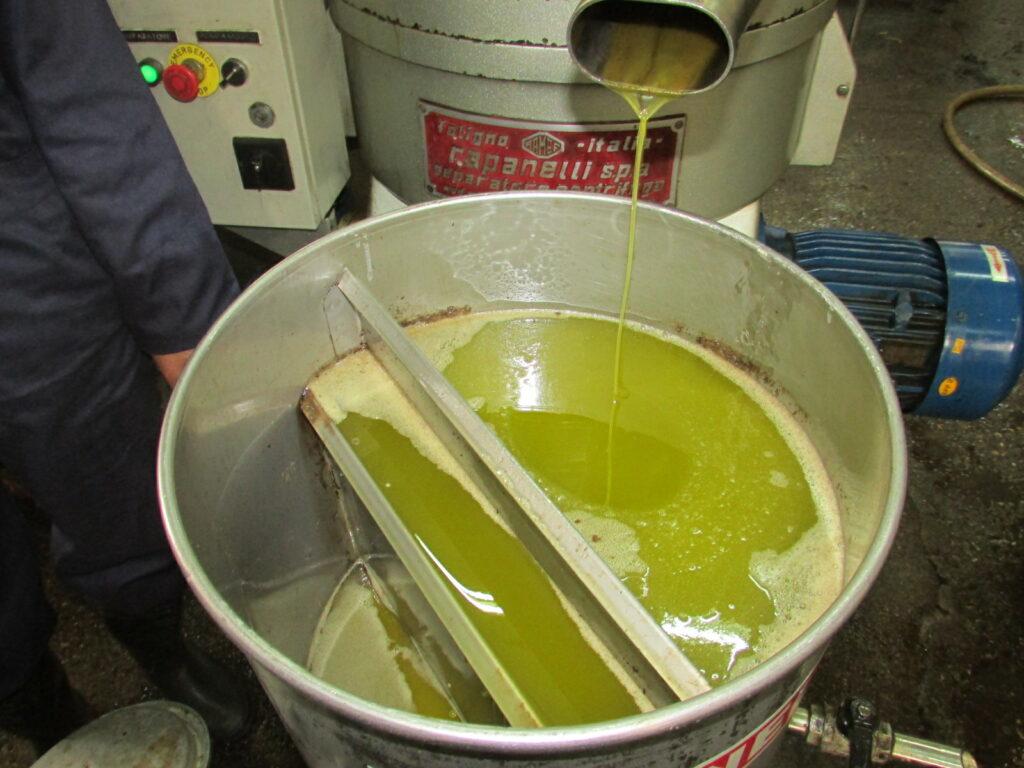JALALABAD (Pajhwok): At least 61 million afghanis income will be earned from 122,000 liters of olive oil processed in eastern Nangarhar province this year, officials of the Canal Department say.
This year, 900 tons of olive oil was processed in the olive processing factory. Ten tons of pickles were also produced from the harvest.
In the past, the Nangarhar Canal Department had olive farms on 3100 hectares of land, but due to the wars and other problems, these orchards remain on 1720 hectares of land.
Syed Humayun Gharibmal, spokesperson for Wadi Agricultural Company (Canal) of Nangarhar province, told Pajhwok Afghan News on Thursday that 900 tons of olive oil was processed in the olive factory this year, producing 10 tons of pickles and about 122,000 liters of oil.
He said the Canal Department will receive at least 61 million afghanis from the oil produced this year and the income will be transferred to the exchequer.
He said Nangarhar olive oil had a wide domestic market and efforts were being made to export it to the international market as well.
Officials of the Nangarhar Canal Department say Nangarhar olive oil and pickles have a special reputation in the markets of Italy, but they are trying to import the products to other countries as well.
Residents of Nangarhar say they are satisfied with the quality of olive oil, but its prices should be lowered for local buyers.
Naqibullah, a resident of Jalalabad city, told Pajhwok that a bottle of olive oil, a quarter of a liter, was sold for 220 afghanis — higher rate compared to the oil of other countries.
An official of Nangarhar Canal olive sales office near Pashtunistan intersection in Jalalabad city told Pajhwok they received a bottle of oil for 200 afghanis from the Canal Department and they sold the same for 220 afghanis, keeping in view the shop rent and other expenses.
Gharibmal also said the price was set according to the processing costs, but much attention was paid to the quality.
The Nangarhar olive production and processing factory was established in 1362 (1983) solar year by the former Soviet Union. At that time,1050 people worked in the factory, but now their number has reduced to only 60 people.
The olive trees were planted in Nangarhar in 1344 (1965) solar year during the reign of the former king Muhammad Zahir Shah and a processing factory was also established for the harvest.
ma








GET IN TOUCH
NEWSLETTER
SUGGEST A STORY
PAJHWOK MOBILE APP